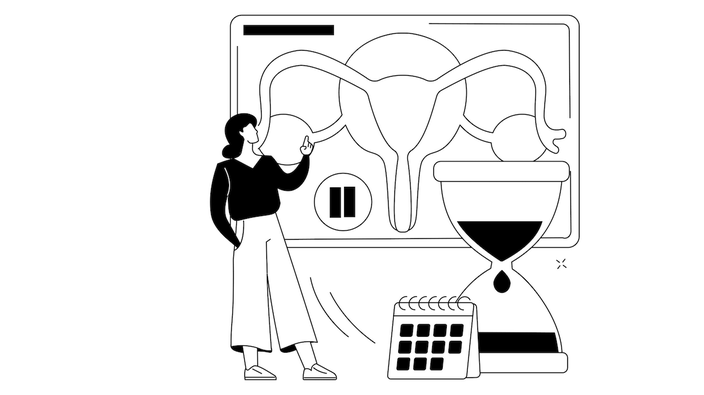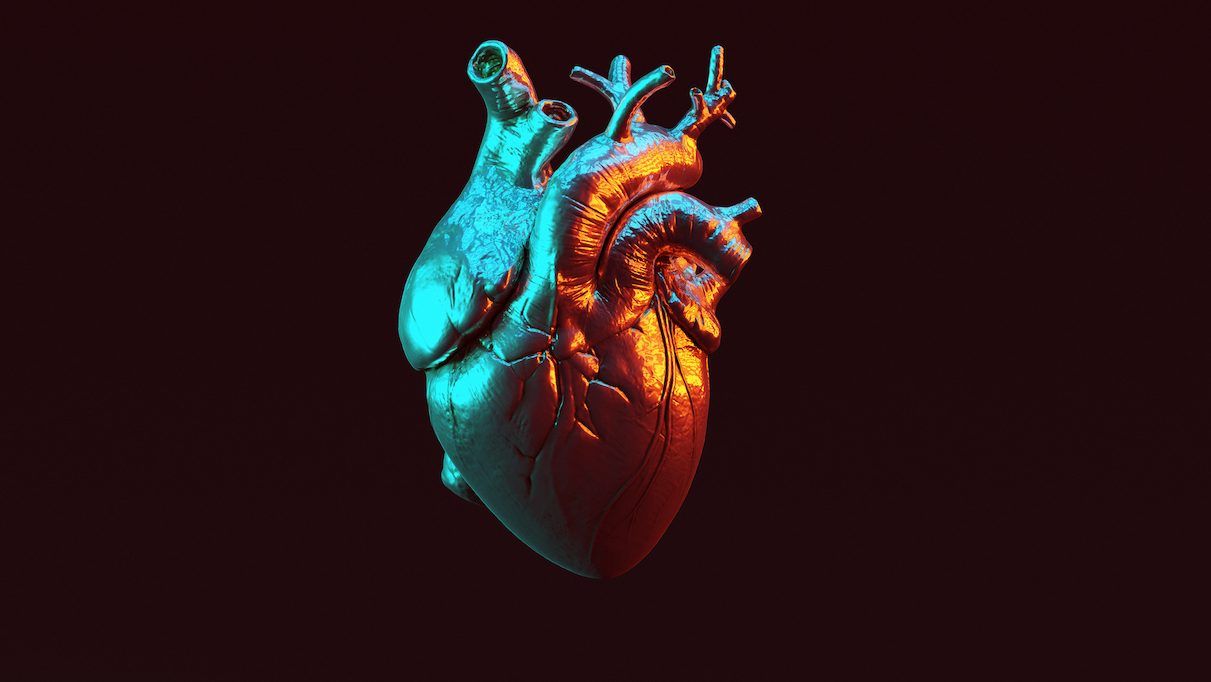hotflash inc.: how tiktok is helping us go through menopause
tiktok is a welcoming space where being a certain age is an asset, not a liability, writes ann marie mcqueen.
hotflash inc.: why are celebrities putting their money on menopause?
the rich and famous have been talking about menopause for years, but stars like naomi watts and stacy london are taking their experiences to another level: making money while on a mission to help women in mid-life.
women in menopause before 40 face risk of heart failure, atrial fibrillation: study
it's a misconception that heart disease affects mostly men, says experts, who point out that "sex-specific risk factors have been largely ignored" in research.
 5 minute read
5 minute read









